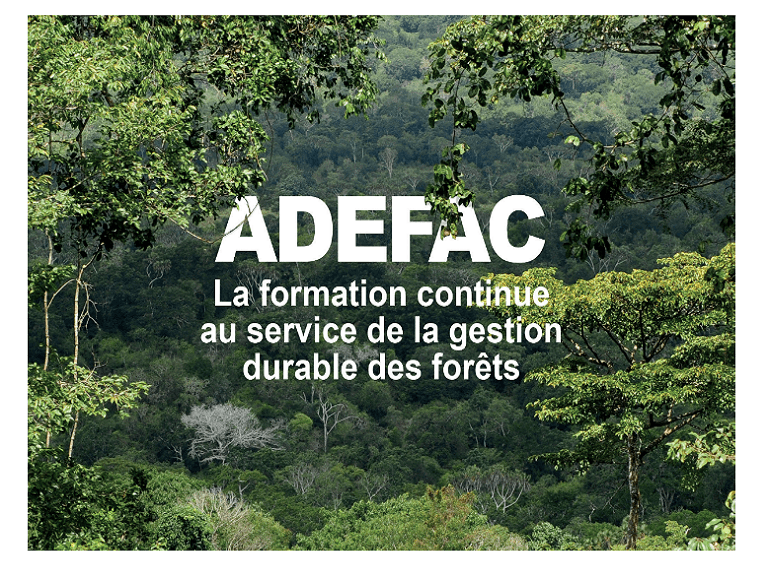

19.03.2021
The project ADEFAC, which is entering its second year, held its second Steering Committee meeting (COPIL) on March 11, 2021, to validate the main documents for the continuation of activities.

Under the chairmanship of the Executive Secretary of COMIFAC, in the person of Mr. NDOMBA NGOYE, the project ADEFAC held its 2nd meeting of the steering committee (COPIL) on Thursday, March 11, 2021. This second meeting of the COPIL follows the first one which took place on September 23, 2020, and had 2 main objectives :
1. To inform the members and partners of the progress of the project;
2. To validate the following project documents :
After the respective opening words of the Executive Secretary of COMIFAC, of the Regional Coordinator of RIFFEAC Mr. Claude KACHAKA SUDI, and of the Director of ATIBT Mr. Benoît JOBBE DUVAL, and the presentation of the participants, the members of the technical execution team (TET) presented the project documents which were the subject of exchanges and discussions. The validation of each document was done by a show of hands.
Main ADEFAC results for the year 2020 :
Some perspectives for the year 2021 :
The main resolutions of this second COPIL concern the validation of the 5 documents presented. The two recommendations retained concern the integration of the Don Bosco Massina Training Center of Kinshasa in the list of identified training institutions, and the margin to be given to the TET to adapt the very punctual trainings, to the complexity and to the fast changes of the forestry context.